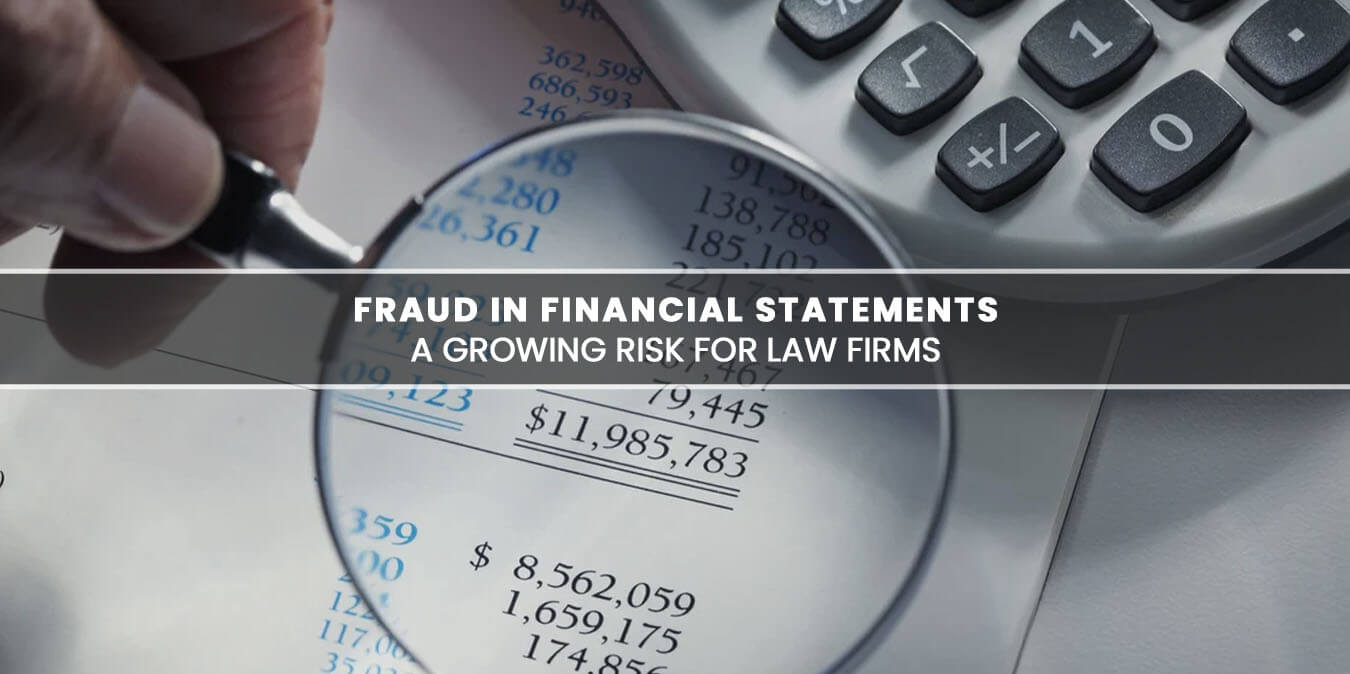Fraud in financial statements poses a significant risk for law firms engaged in business disputes, mergers, acquisitions, and financial litigation. Deceptive reporting can mislead attorneys into representing clients based on false or manipulated financial data, exposing firms to reputational damage and ethical concerns. As fraudulent schemes become more sophisticated, law firms must recognize the warning signs and leverage forensic accounting expertise to protect themselves from being inadvertently complicit in financial misconduct.
Recognizing Questionable Financial Statements
When evaluating a client’s financial statements, attorneys must remain alert to inconsistencies that signal potential fraud. Unusual revenue spikes without corresponding business growth, misclassified expenses designed to obscure liabilities, and profit margins that seem unrealistic compared to industry standards are common red flags. Additionally, frequent restatements of financials and a lack of supporting documentation for key transactions often indicate manipulation. Fraudsters may attempt to disguise financial misstatements through aggressive accounting tactics, making it difficult for a non-expert to detect deception. Without a deep understanding of financial reporting, attorneys may find themselves relying on figures that have been intentionally distorted to mislead stakeholders.
Strengthening Fraud Prevention in Law Firms
In today’s financial landscape, law firms cannot afford to overlook the risk of fraudulent financial reporting. By recognizing the warning signs, leveraging forensic accounting expertise, and carefully vetting potential clients, firms can safeguard themselves against financial deception. The cost of missing these red flags can be substantial, making vigilance and forensic scrutiny essential components of legal due diligence.
The Critical Role of Forensic Accounting
Forensic accounting firms like Ampcus Forensics play a crucial role in uncovering financial fraud by conducting in-depth audits and investigative analyses. Their expertise allows them to trace cash flow movements, assess accounting practices, and identify irregularities that would otherwise go unnoticed. By evaluating whether proper internal controls are in place and pinpointing financial misstatements, forensic accountants provide the clarity needed to assess the integrity of financial data. If fraud is detected, they can also serve as expert witnesses, offering the technical evidence necessary to support legal action. For law firms facing questionable financial statements, forensic accountants are indispensable in ensuring that their cases are built on reliable financial information.

